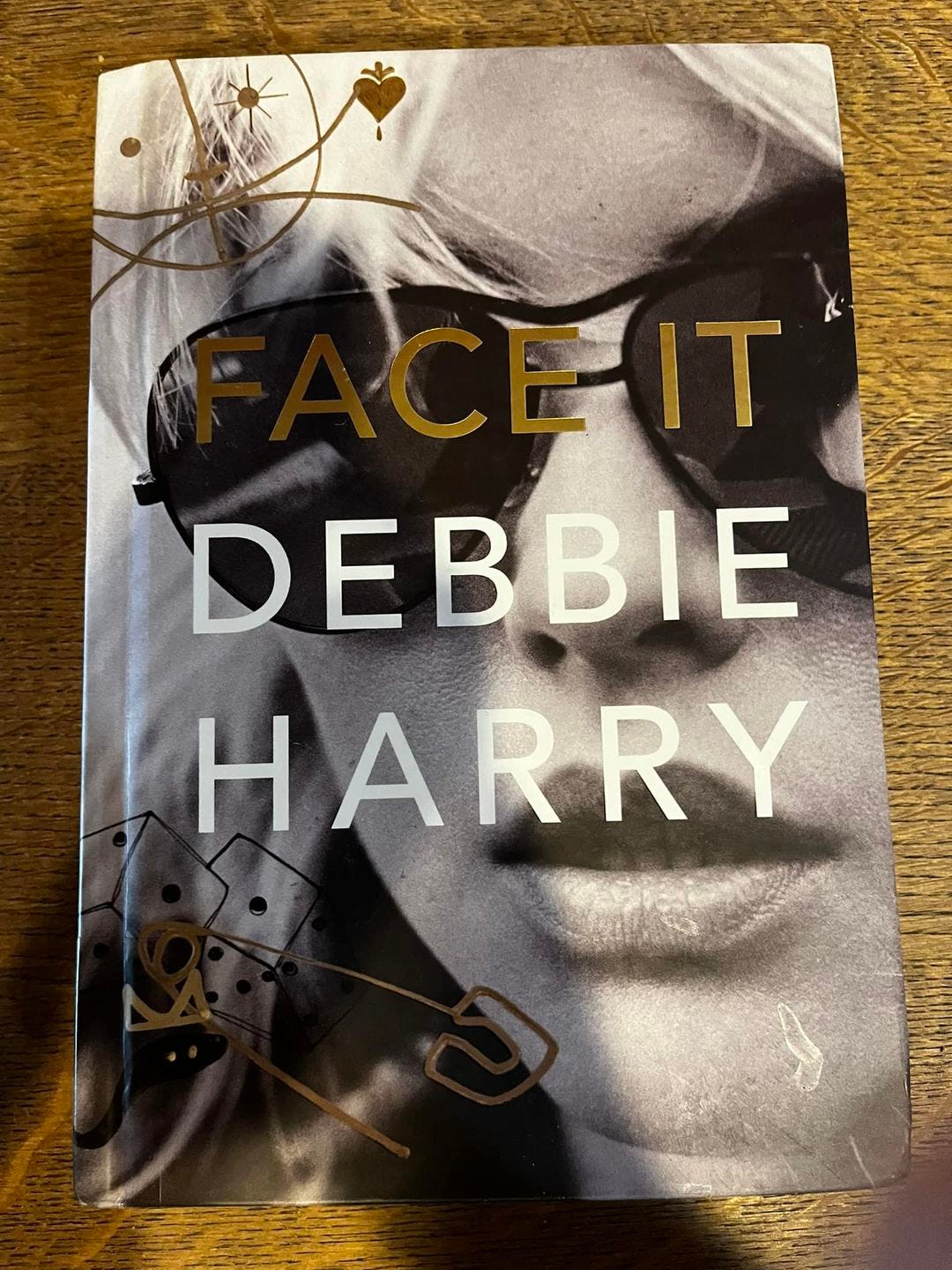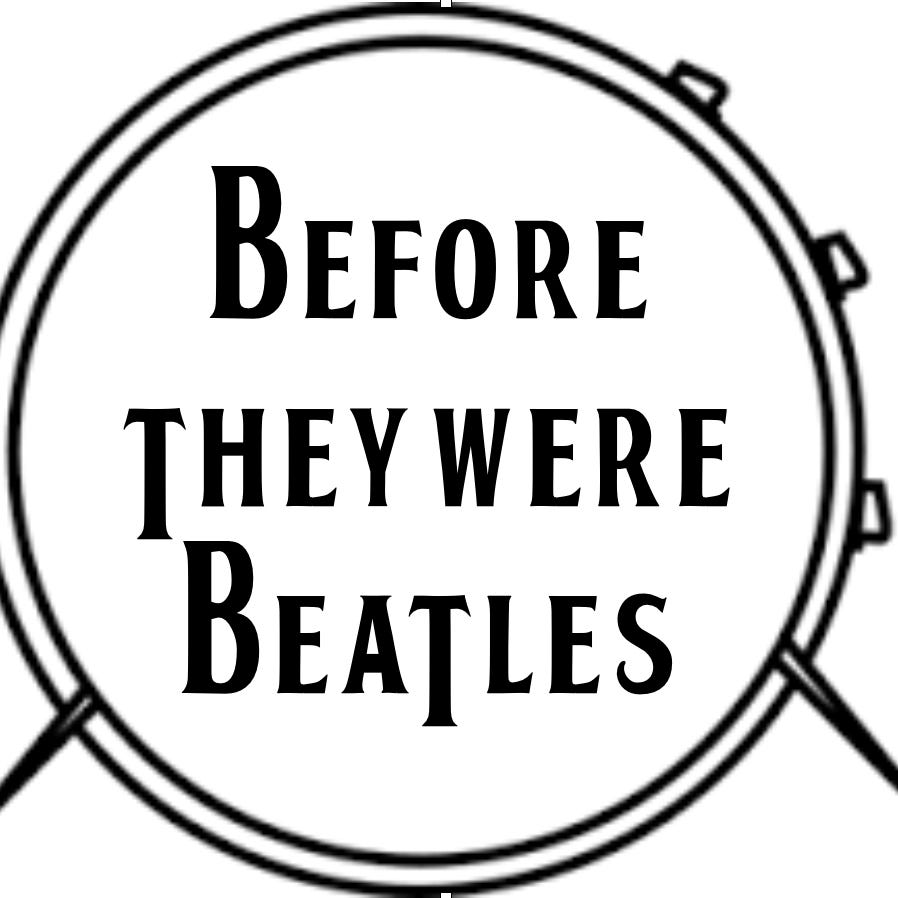ad astra thoughts.
In which Star Trek once again shows how science fiction at its best holds up a mirror to current society, and makes us examine the way we think.
“Just caught up with the most recent episode of Strange New Worlds
- Wow. That was intense social commentary.
Star Trek at its best - “ad astra per aspera” indeed.”
This was my quick post on Facebook earlier this week after watching the second episode of Season Two of Star Trek: Strange New Worlds.
Strange New Worlds has quickly become my favorite of the current incarnations of the Star Trek franchise with its great cast of characters and a return to episodic storytelling that exhibits the DNA of the original Trek.
This episode “ad astra per aspera1” felt like it was pulled right out of the original series. Apparently based on the likes and comments on FaceBook a lot of my friends agreed.
I had intended to write a few words here about the importance and impact of this episode, but then I watched the regular Trek Culture review, and writer / presenter Sean Ferrick said it better than I could.
Check out his commentary below - especially between the 16:00 and 24:45 marks.
But in conclusion I do want to share one thought that Gill and I discussed after watching this episode - Unfortunately the people who really need to watch and understand this, are probably not the sort of people who will watch Star Trek. - But if it makes just one person consider how minorities are treated then it will have succeeded in pushing beyond that final frontier of prejudice.
Other Stuff
Thanks to the new subscribers who have joined since last week. I really appreciate your interest and support. If you would like to join them you can subscribe below.
Word Slinging
I never thought I’d spend an afternoon working on the outline for a three act stage show. Yet that’s precisely what I did earlier this week. This writing lark is fun - you never know where it's going to take you. It’s always a challenge, but a good one, to flex some different creative muscles on occasion.
Brabazon Bits
During my research reading this week for the Bristol Brabazon project I cracked open the covers of a slim book I hadn’t dug into yet not really expecting to find much of substance, but in the hope that it might throw up a few nuggets of information I hadn’t picked up on yet. And right on the first page it threw out a name that I hadn’t come across before, a government official that the text suggested was a key player in the Brabazon story.
This put me in something of a quandary from a research perspective. If this individual was as important as this text claimed, why hadn’t they been mentioned in the multiple other texts I’d read to date? Is it someone I need to start researching? The fact that this new volume doesn’t cite its sources, or even have a bibliography makes the prospect of using it as a springboard for further research potentially frustrating. Plus how can I be certain that the information presented is verified?
Pages and Screens
Books Read in 2023 - “Face It“ by Debbie Harry
When I got my first cassette tape recorder (remember those) the first song I recorded off the TV (remember doing that), was a Blondie song from an appearance on Top of the Pops. And like many young teenage boys in the 70s I had a massive crush on Debbie Harry. I continued to enjoy her music in both Blondie and solo careers, including seeing her in concert a few years ago and marveling at her on-stage energy.
So I was really looking forward to diving into her long awaited autobiography.
It starts well and the stories of her life in the New York of the sixties and early seventies were fascinating. But surprisingly it starts to tail off with the success of Blondie as she tends to dwell on the negative aspects of that roller-coaster. I know she went through some tough times but there must have been some good memories along the way.
The book’s approach is an informal conversational, almost stream of consciousness, style that reads as if the author is just sitting across the table over her morning cup of coffee. As a result the narrative jumps around a lot making it sometimes difficult to keep track of where things fit in.
Strangely this book manages the feat of being both open and honest (it’s alarming frank at some points), yet also feeling superficial.
After completing her autobiography I know a lot more things about “Debbie Harry”, but don’t really know much about Deborah Harry.
Podcast Procrastinations
The Before They Were Beatles podcast - There’s been an interesting and potentially exciting development linked to the podcast happening this week. Can’t share anymore details yet, but I will post more when I can.
And talking of Before They Were Beatles, just a reminder that if you’d like to keep up with the progress of the work on the 20th Anniversary edition of the Before They Were Beatles book you can sign up for a subscription to the dedicated Substack monthly newsletter HERE. -
Weekly Web Round-Up
Batman On The Cover - The journey through Batman’s comics publishing history continues this week as we look at the comics from February1968 published in Mexico, Norway, and Sweden. - All were reprints of existing DC covers with nothing really standing out as visually interesting this week.
As always, thanks for joining me for this week’s rambles through the Forest. And don’t forget to sign up for a FREE subscription so you don’t miss future updates.
See you next time
Alan J. Porter
“to the stars through difficulty”






